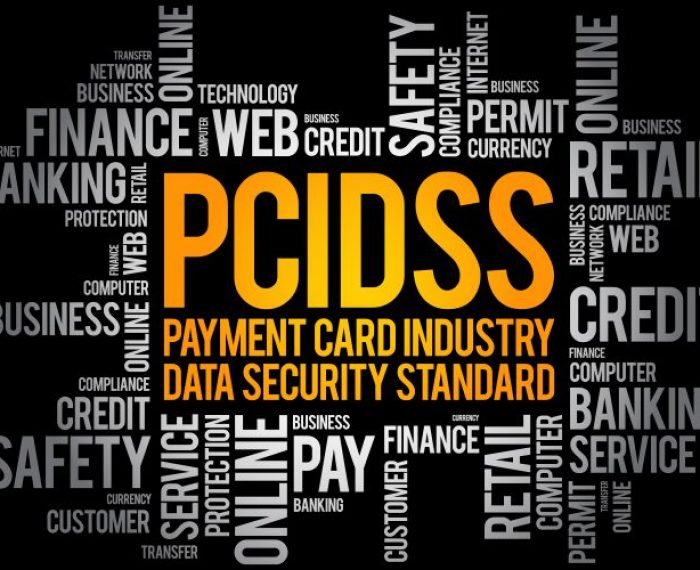PPI stands for Prepaid Payment Instrument, PPI is a method that facilitates the purchase of goods and services against the value stored on such instruments. The value stored on such instruments represents the value paid for the holder, by cash, by debit to a bank account, or by credit card.
The prepaid instruments can be issued as smart cards, magnetic stripe cards, internet accounts, online wallets, mobile accounts, mobile wallets, paper vouchers, and any such instruments used to access the prepaid amount.
Some of the common examples of PPIs include Paytm and Gpay, gift cards, and debit or credit cards. In today’s piece, we take a look at three types of prepaid payment instruments.
- Closed System PPIs
- Semi-Close System PPIs
- Open system PPIs
Closed System PPIs:
These are PPIs issued by an entity for facilitating the purchase of goods and services from that entity only. No cash withdrawals are permitted. These instruments cannot be used for payment or settlement for third-party services. The issuance and operation of such instruments are not classified as a payment system and do not require approval/authorization from the RBI.
Semi-Closed PPIs:
These are PPIs issued by banks (approved by RBI) and non-banks (authorized by RBI) for purchase of goods and services, including financial services, remittance facilities, etc., for use at a group of clearly identified merchant locations/establishments which have a specific contract with the issuer (or contract through a payment aggregator/payment gateway) to accept the PPIs as payment instruments. These instruments do not also permit cash withdrawal, irrespective of whether they are issued by banks or non-banks.
Open System PPIs:
These are PPIs issued by banks (approved by RBI) for use at any merchant for the purchase of goods and services, including financial services, remittance facilities, etc. Cash withdrawal at ATMs / Points of Sale (PoS) terminals / Business Correspondents (BCs) is also allowed through these PPIs.
How can a business benefit from PPIs?
Prepaid payment instruments in the form of mobile wallets, multipurpose, multicurrency, prepaid cards can accelerate sales, customer loyalty, and profitability. You can earn significant revenue for every transaction made through mobile wallet-enabled prepaid cards you issue.
Businesses must leverage PPIs to tap into the gigantic 760 million smartphone users base in India, who will most likely shop online and pay using mobile apps and wallets.
Using prepaid instruments, you can enable bank-like domestic and cross-border payments, but with greater efficiency, flexibility and security. Armed with the ground-breaking PPI reforms announced by the Reserve Bank of India (RBI), every business in India must ride the PPI wave to reap the utmost benefits.
The following are significant measures announced in the 2021 RBI monetary policy review, applicable from March 31, 2022.
- PPIs can offer Real-Time Gross Settlement (RTGS) and National Electronic Funds Transfer (NEFT) facilities to their users.
- Interoperability of full KYC PPIs is mandatory.
- The maximum balance of mobile wallets doubled to INR 2 lakhs from INR 1 lakh.
- Cash withdrawals enabled for full-KYC PPIs of non-bank PPI issuers (in addition to bank issuers)
These reforms have the potential to level the playing field between banks and non-banks, incentivize full KYC PPIs, and drive greater financial inclusion. Businesses that accept payments and remittances through prepaid payment instruments will experience higher customer acquisition, retention, and loyalty, increased customer lifetime value, and long-term profitability.
Who can issue PPIs?
The following entities can issue PPIs post authorization/approval of RBI.
Non- Banking Entities
- They must be incorporated in India
- Minimum paid-up capital — more than INR 5 crores
- Minimum positive net worth — INR 1 crore at all times
NBFCs
- Maintain an escrow account with any scheduled commercial bank in India
Banks
- Compliant with PPI eligibility criteria established by the RBI
RBI’s new addition to PPI-Small PPIs can have cash upto ₹10,000 loaded per month
The Reserve Bank of India on 27/Aug/2021 issued Master Directions on Prepaid Payment Instruments (PPIs) with the fresh classification of the instruments.
“Keeping in view the recent updates to PPI guidelines, it has been decided to issue the Master Directions afresh,” the RBI said.
No entity can set up and operate payment systems for PPIs without prior approval or authorization of the RBI, it stated.
The master directions classify PPIs into two categories – small PPIs and full KYC PPIs. They were earlier classified as closed systems, semi-closed systems, and open system PPIs.
“Small PPIs: Issued by banks and non-banks after obtaining minimum details of the PPI holder. They shall be used only for the purchase of goods and services. Funds transfer or cash withdrawal from such PPIs shall not be permitted,” the RBI said.
PPI Classification
Small PPIs can have cash up to ₹10,000 loaded per month, not exceeding ₹1.2 lakh in a year.
Full-KYC PPIs will be issued by banks and non-banks after completing the Know Your Customer (KYC) of the PPI holder.
“These PPIs shall be used for the purchase of goods and services, funds transfer or cash withdrawal,” it further said, adding that the amount outstanding should not exceed ₹2 lakhs at any point in time.
The RBI has also said that the PPI issuer shall have a board-approved policy for PPI interoperability.
Where PPIs are issued in the form of wallets, interoperability across PPIs should be enabled through UPI. Where PPIs are issued in the form of cards (physical or virtual), the cards should be affiliated to the authorized card networks, it said.
PPI for mass transit systems should remain exempted from interoperability, while Gift PPI issuers (both banks and non-banks) have the option to offer interoperability.
“Interoperability shall be mandatory on the acceptance side as well. QR codes in all modes shall be interoperable by March 31, 2022,” it further said.
The RBI has also said the PPI issuer shall put in place a formal, publicly disclosed customer grievance redressal framework, including designating a nodal officer to handle customer complaints or grievances, the escalation matrix, and turn-around-times for complaint resolution.






